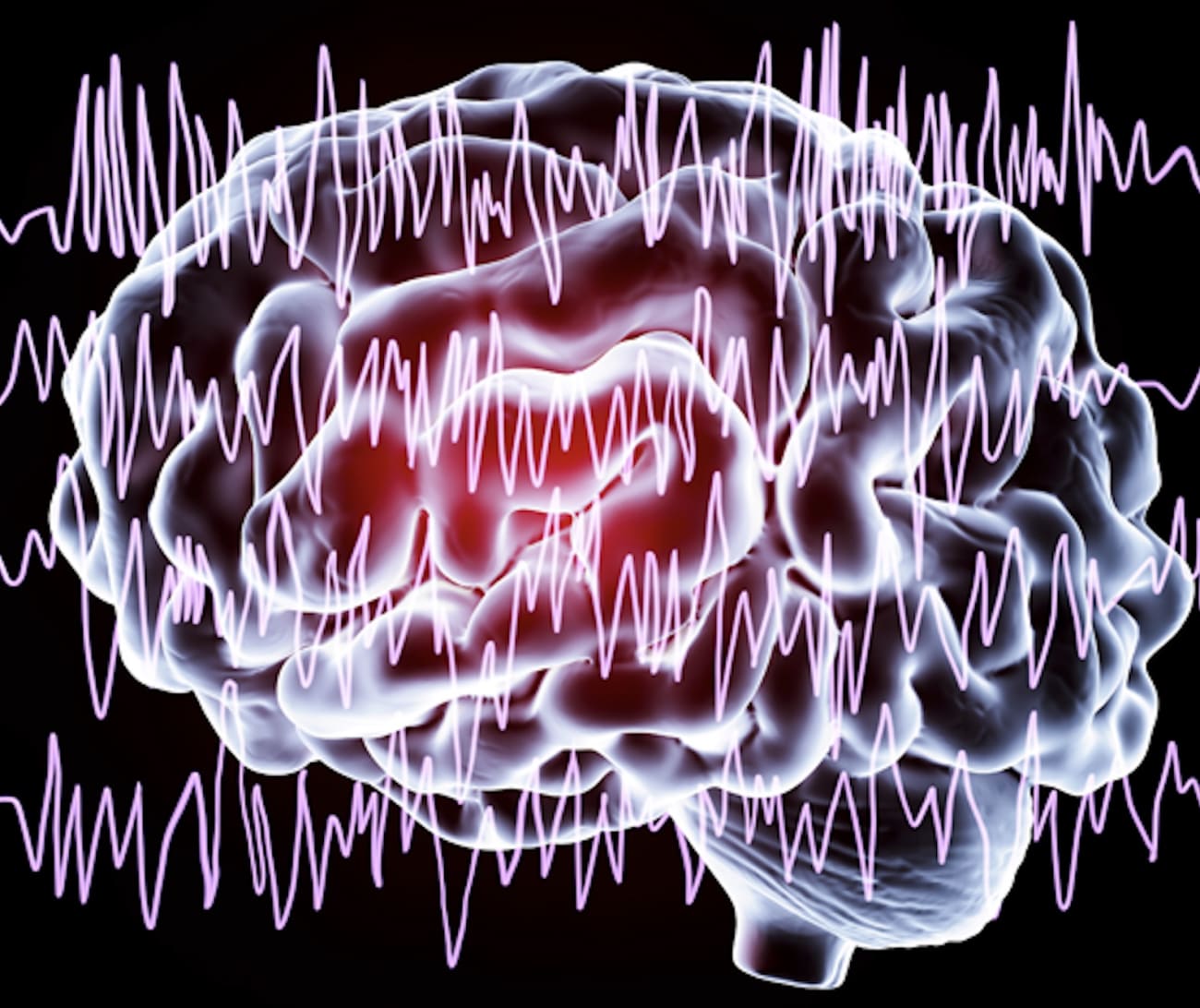
Focused ultrasound (FUS), also known as high-intensity focused ultrasound (HIFU), is a groundbreaking, new treatment for movement disorders available at the Tampa General Hospital Neurosciences Institute. Completely non-invasive, other than the placement of a standard, stereotactic head frame to control movement, the procedure involves heating up and destroying the tiny section deep inside the brain that controls essential tremor. In addition, this therapy was recently approved for use in certain patients with Parkinson's disease.
In most instances, the patient is awake throughout the two-and-a-half-hour procedure, allowing physicians to measure how well the treatment is progressing in real-time. The targeted area is first subjected to low energy which results in temporary improvement in symptoms. Physicians can identify any potential side effects and adjust the target accordingly.
The physician then proceeds to dispatch multiple high-energy beams, leaving healthy tissue undisturbed. After each one, the patient will perform tasks, such as touching his or her nose, allowing the physician to evaluate improvement until the targeted area is completely ablated. Results are immediate and long-lasting.
The procedure "represents a breakthrough for patients with essential tremor and Parkinson's or other conditions that have not responded to medication;' says Yarema Bezchlibnyk, MD, PhD, co-Director of Tampa General Hospital's Comprehensive Epilepsy Program and the Movement Disorders Neuromodulation Center.
"With recent advances in the technology of these devices and multiple ongoing studies exploring new indications for these surgical procedures, I believe that neuromodulation will dominate the field of neurosurgery in the next decade and beyond. At Tampa General Hospital, we have experienced excellent outcomes for our patients who need these highly specialized procedures;' says Donald Smith, MD, head of Tampa General's Functional Neurosurgery Division. "The technology and expertise we have at TGH plays a huge role in this success, but just as important is our close collaboration with the neurologists who help us see which patients can benefit."

